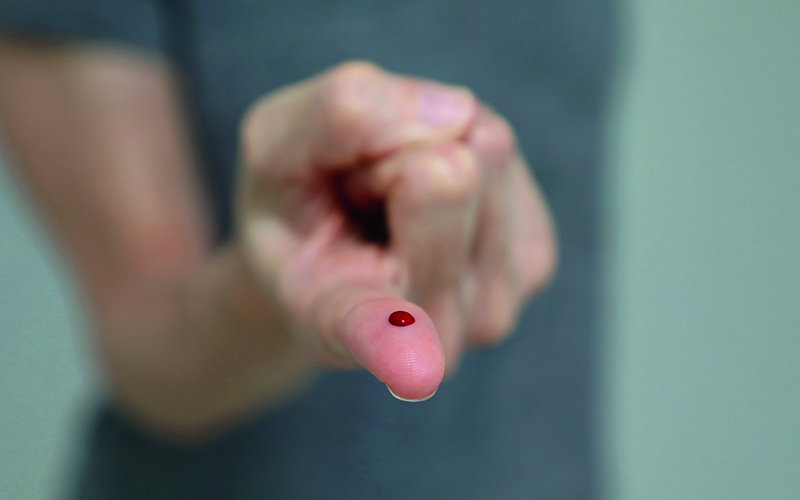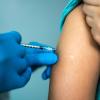The accuracy of a rapid finger-prick antibody test for SARS-CoV-2 may be considerably lower than previously suggested, finds a study published by The BMJ.

The results suggest that if 10% of people given the test had previously been infected, around one in five positive test results would be incorrect (false-positive results).
These conclusions contrast with an earlier (not yet peer-reviewed) study suggesting the test gives no false-positive results.
The findings suggest the test can deliver a sufficient degree of accuracy for surveillance studies, but laboratory confirmation of positive results is likely to be needed if these tests are to be used to provide evidence of protection from the virus.
The AbC-19 Rapid Test uses a drop of blood from a finger-prick to see if it’s likely that someone has previously been infected with SARS-CoV-2. It gives results in 20 minutes, without the need to go to a laboratory, and is approved for use by health professionals in the UK and EU.
The latest research was commissioned by the Department of Health and Social Care and conducted by scientists from Public Health England and the universities of Bristol, Cambridge and Warwick.
Scientists tested blood samples in a laboratory from 2847 key workers. Of these, 268 had a previous PCR (polymerase-chain reaction) positive result, so were “known positives”, while the remaining 2579 had unknown previous infection status.
A further 1995 pre-pandemic blood samples were also tested.
Based on a series of analyses, the researchers estimated the specificity of the AbC-19 test (ability to correctly identify a true negative sample) to be 97.9%, meaning that 2.1% of people who did not have a previous SARS-CoV-2 infection incorrectly tested positive.
Image Credit: iStock




